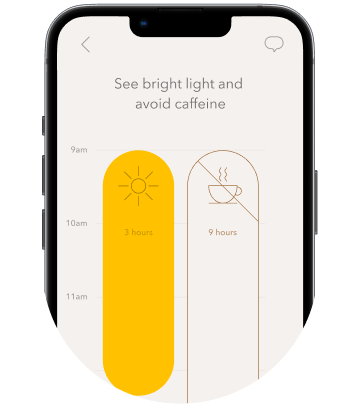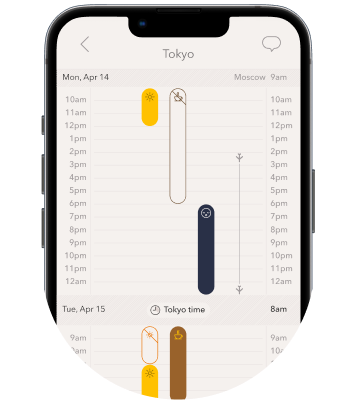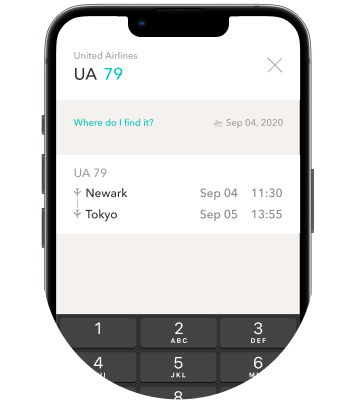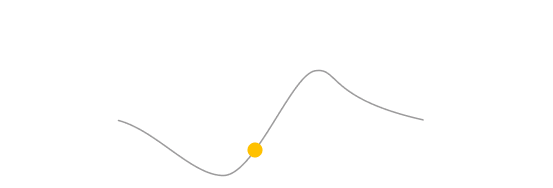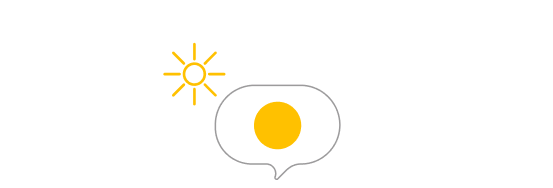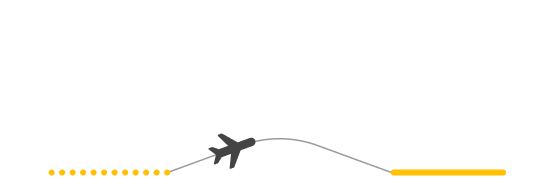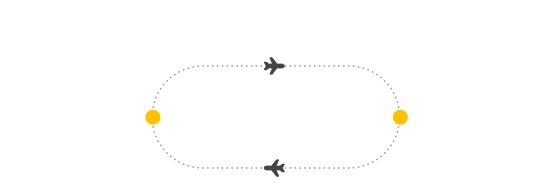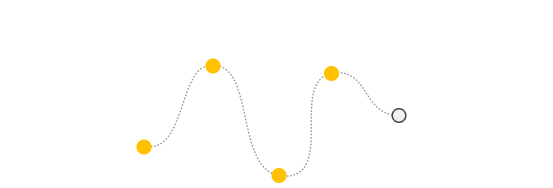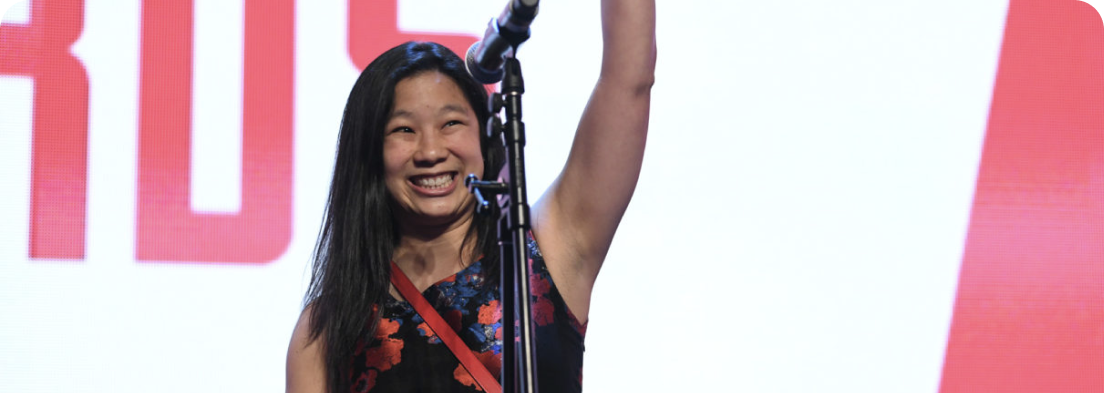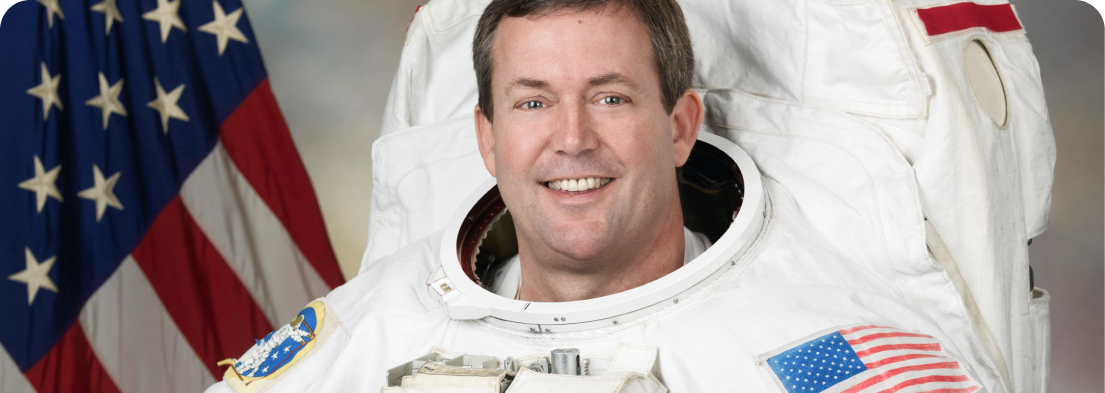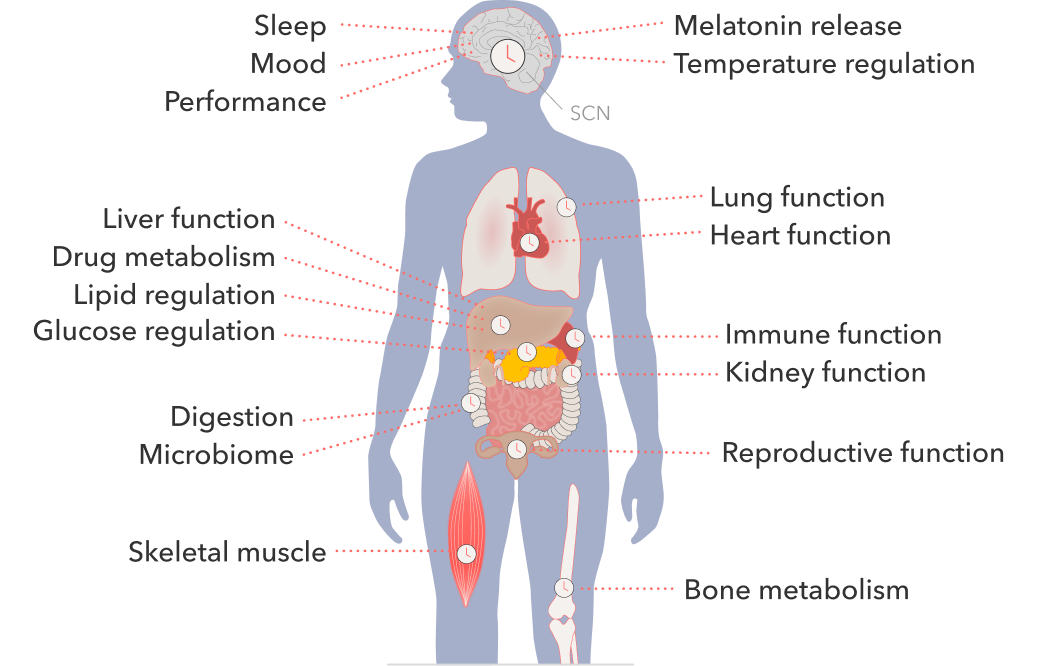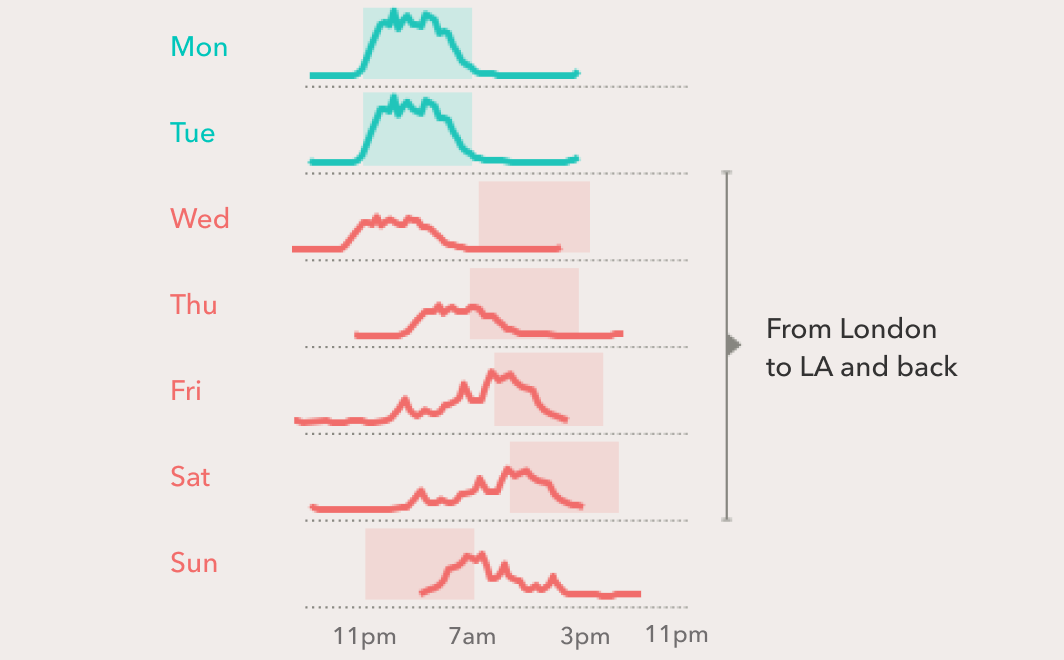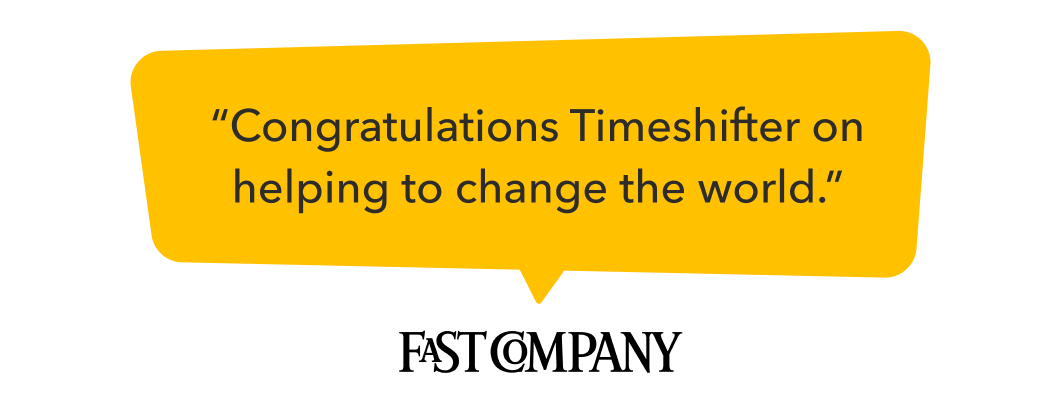Jet lag is history
Experience the world’s
highest-rated
and
most-downloaded
jet lag app.

“Game-changer for
frequent fliers”

"Saves time
and money"

"Indispensable for
business travelers"

“Say goodbye
to jet lag.”

"It might just move the
travel industry forward”

“Tired of jet lag?
This app will help”

“The travel industry’s
new fix for jet lag”

“The science has won
consumers over”

It's time to replace
the myths
with
real jet lag science
Our 1-minute video
explains the science
Former NASA Astronaut talks about timeshifting
Special rates for
MileagePlus® members
Advanced science.
Easy to use.
Highly personalized.
It’s as simple as taking small
actions at specific times.
Practicality Filter™ adjusts
advice to the “real world”.
It takes less than a minute
to create a jet lag plan.
It works!
Based on 129,852 surveys, travelers who followed the advice were 14.1 times less likely to report very severe jet lag compared to travelers who didn’t follow the advice.
96.4%
of our users cross
time zones
without
feeling jet lagged
14.1x
increase in very severe
jet lag
when not
following our advice
Trusted by
elite athletes
who want to win
“Timeshifter plays a crucial role in our players jet lag management. Its simple and effective strategies makes it an ideal support tool to maximize time zone adaptations in international football when players have to cross the Atlantic to represent Canada and play within a few days of travel.”
Canadian Soccer
“Timeshifter has been a real game changer for me when traveling across time zones battling jet lag. It helps me perform at my highest level and is now part of my competitive edge. I can highly recommend all travelers use it.”
Holger Rune
All the features
you need
Circadian Time™
Advice is adjusted according
to your biological time
Practicality Filter™
Makes advice easy to follow
in the “real world”
Advice notifications
Push notifications show you advice
– even without opening the app
Pre-travel adjustment
Start adjusting before
your departure
Quick Turnaround®
For business travelers who want to
be at their best during short trips
Intuitive 3-hour view
See a quick 3-hour view, or view
full plan for planning purposes
Complex itinerary support
One-way, round-trips, and even
complex multi-city trips
Unlimited stopovers
The advice takes all of your
stopovers into account
Flight editing
Simply edit your itinerary when a
flight is delayed or cancelled
Why travelers love Timeshifter
No more grogginess, confusion, extreme tiredness,
and
cheeseburger cravings at 2am.
★★★★★
4.7 / 5
(1,998 ratings)
"Timeshifter saved my work day after flying a red eye from LAX to MIA. Meanwhile my co-worker (who didn't use Timeshifter) dozed off for half the day at his desk. Business and well-being focused travelers all need to be using Timeshifter!”
Sara Quiriconi,
Travel Wellness Expert
"I recently started using Timeshifter, an app that helps you tackle jetlag. I travel internationally a lot, both for business and for leisure (my parents live in Bangkok), and it can be hard to get in quality time for a seven-day trip. I found that using Timeshifter reduced my jetlag “hangover” by days! It helped me really enjoy my time with my mom and dad in November.”
Sandy Anuras, Vice President of Global Marketing Technology at Expedia
“Avoid jet lag the way astronauts do. As an astronaut I did a great deal of traveling internationally for speaking, training, etc. NASA had access to doctors and scientists who developed algorithms that gave us written schedules to follow before, during and after our trips to help us avoid jet lag. These are the same algorithms used by Timeshifter. As a retired astronaut I use this app religiously when I travel. It works!”
Mike Foreman,
Former NASA Astronaut
The jet lag science
we have all missed
is timed light exposure
Circadian rhythms
regulate
nearly all of
our biological systems
When you cross time
zones,
you disrupt your
circadian rhythms
Frequently asked questions
-
Timeshifter uniquely combines the only elements shown to reset the circadian clock (light-dark exposure and melatonin supplements), and alleviate the symptoms (light, melatonin, caffeine, naps), and not surprisingly, the sum of their effects is greater than the individual parts. There are many scientific studies attesting to the benefits of our approach, and our algorithm has been used for many years by NASA, F1 drivers and elite athletes, and more recently by astronauts and mission controllers at Axiom Space.
Our Chief Scientist is Steven W. Lockley, Ph.D. Dr. Lockley is a Neuroscientist at Brigham and Women’s Hospital, an Associate Professor of Medicine in the Division of Sleep Medicine at Harvard Medical School. With almost 30 years of research experience, he is considered an international authority on how to reset the circadian clock.
-
Any jet lag ‘solution’ that does not have light and light avoidance as the central planks of the advice will not help you adapt to new time zones faster. Some advice may aim at improving sleep or reducing sleepiness, but this is not addressing the circadian rhythm disruption which is the underlying cause of jet lag — a little like treating a fever without addressing the underlying infection. This may seem to help in the short-term but is not the most efficient or effective solution and does not address other consequences of jet lag such as digestive disorders and immune problems.
Given that appropriately timed light exposure and light avoidance are the only proven way to alleviate jet lag, many of the common ‘tips’ are either ineffective or may even make your jet lag worse. For example, knocking yourself out with sleeping pills, or getting on the new time zone as quickly as possible, or following the light-dark pattern on the plane, do not work.
-
Jet lag is a disruption of our internal 24-hour circadian clock, which regulates almost every biological system in our bodies. As a consequence, jet lag is disrupting our entire biology — from our sleep-wake cycle, mood and performance patterns to our metabolic, immune, and reproductive systems.
Jet lag causes a wide range of symptoms and significant financial costs:
Insomnia
Poor concentration
Reduced performance
Compromised safety
Less enjoyment
Needing to leave earlier than wanted to gradually acclimatize to the new time zone
Long recovery time when back home
Weakened immune system
Long-term health implications
-
Sleep equals dark as far as the circadian clock is concerned – when you close your eyes to sleep, you block light information going from the eyes to the brain - so if you sleep at a time when you should be seeing light, you will shift your circadian clock in the wrong direction and make jet lag worse. Advice focused only on sleep, without resetting the circadian clock, assumes that insomnia and sleepiness are the only symptoms of jet lag, which is not the case. Sleep (and therefore dark) timing should be scheduled as part of the overall light-dark exposure plan designed to reset the circadian clock, and end jet lag, as quickly as possible.
-
Many claims have been made about diets or fasting being able to reset the clock. These claims are based on studies of nocturnal (night-active) rodents which cannot easily be translated to (day-active) humans. Food does not reset the circadian clock in the brain and there is currently no accepted method for using food — or fasting — for resetting circadian rhythms.
The evidence for this is found in studies of totally blind people, who Dr. Lockley has studied extensively. Totally blind people have no light information reaching the brain and therefore cannot synchronize the circadian rhythms to the 24-hour day. This results in a clinical disorder called non-24-hour sleep-wake disorder. They still get this disorder even though they eat their meals on a regular 24-hour pattern; if food could reset their circadian clock, they would not develop non-24-hour sleep-wake disorder, yet they do, showing that food is not an effective method to reset the clock.
While advice on what and when to eat may be helpful in reducing the metabolic consequences of jet lag, caused by eating at the wrong biological time, it will not alleviate the underlying cause.
-
Like food, exercise is also a very weak circadian synchronizer, so it doesn’t help reset your circadian clock. The time at which you exercise may also lead you to see light at the wrong time and shift your clock in the wrong direction, making your jet lag worse. Exercise has to be timed as part of the overall light-dark exposure plan.
-
The light-dark cycle is the strongest time cue for resetting the circadian clock. Depending on when you see light, it can shift your circadian clock either earlier or later. For many trips, seeing light when you land can shift the clock in the wrong direction, making jet lag worse and prolonging the number of days it will take you to adapt. You might even get 'stuck’ at the wrong time, ruining your vacation or business trip. The timing of light exposure is therefore not intuitive and generic advice does not work – proper advice requires estimation of your internal body clock time in order to schedule sunlight (or any light) exposure properly.
-
Jet lag is more than just a sleep disorder – it affects all the biological systems that the circadian clock controls. Focusing on sleep alone will not be effective and, given that sleep blocks light to the circadian clock when you close your eyes, means that sleep at the wrong time will send the wrong light signal to the brain, making jet lag worse.
If you shifted sleep for many days leading up the trip it might help, but in the real world, this approach is not practical. For example, a 6-hour time change from New York to Paris would need you to sleep from 5pm to 1am leading up the trip and staying awake all night. When coming back, you would need to sleep in Paris from 5am to 1pm to adapt back to New York time, again an impractical solution. Our Practicality Filter ensures that sleep is scheduled at a time when it will help with your circadian adaptation AND is practical to stick to.
-
Yes! The astronauts are real and are investors in Timeshifter.
Former NASA Astronaut and Chief Astronaut at Axiom Space, Commander Michael López-Alegría, has completed five space missions on Space X, Space Shuttle, and Soyuz. He holds NASA records for most extravehicular activities (EVAs) or ”spacewalks” (10), cumulative EVA time (67 hours, 40 minutes), and for the 3rd longest spaceflight at 215 days!
Another legendary astronaut you might have seen on our site is Professor Mike Massimino. Mike has successfully completed two of the hardest space missions – both to repair the Hubble Space Telescope. He also was the first person to tweet from space! Today, Mike is a Professor of Mechanical Engineering at Columbia University.
Another one of our investors, Dr. Smith Johnston, is a former NASA flight surgeon and Chief Medical Officer at Axiom Space. He was the head of the Fatigue and Longevity Programs at NASA for many years and developed the first circadian desynchrony program to help NASA astronauts and mission controllers manage jet lag, shift work disorder and circadian challenges during space light. Our Chief Scientist, Dr. Steven W. Lockley, continues to assist NASA today.
Timeshifter is tightly connected with astronauts because circadian science has been a critical part of enhancing the safety and performance of astronauts on space missions for many decades, as NASA understand the critical importance of circadian rhythm management to reduce the safety and health risks of clock disruption. Circadian plans are carefully crafted to help astronauts reduce jet lag when traveling for training visits, align with rocket launch and spacewalk timing, and control their day-night cycle when living aboard the International Space Station, including shifting their schedules for space walks, docking and undocking. Mission controllers are provided with circadian plans to support these missions 24/7, without compromising anyone’s safety.
Join the growing community of timeshifters
Whether you’re traveling for business, going on vacation, or competing in a sports event abroad, the Timeshifter jet lag app can help optimize your performance, enjoyment, and health.


